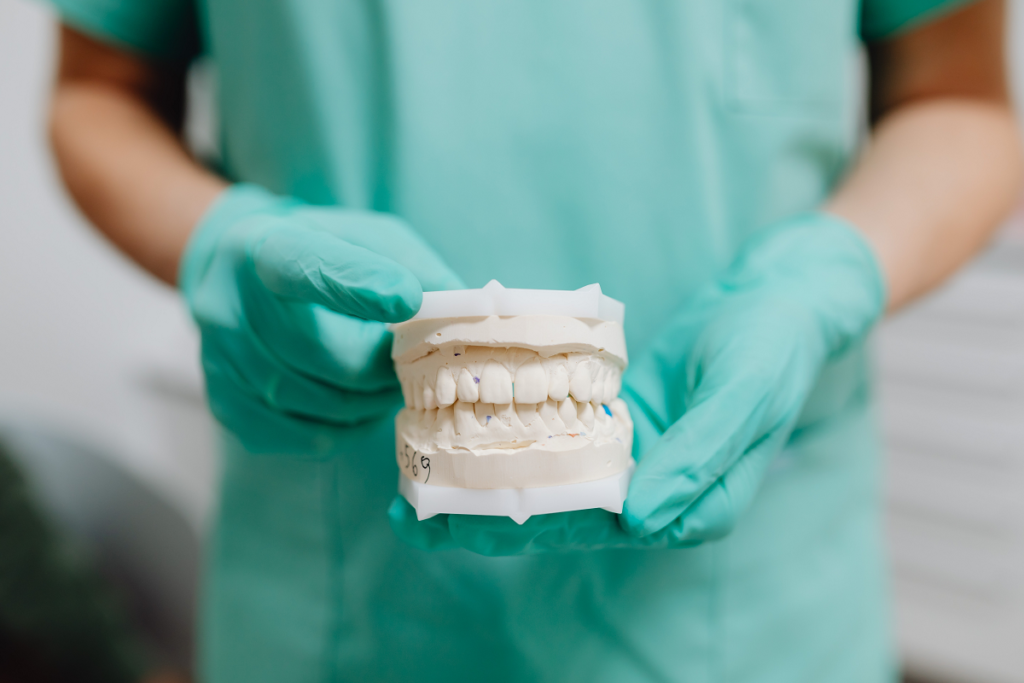Introduction
Dentures are a very common solution to tooth loss. They take on many forms, from traditional removable dentures, to the latest advances in implant-supported dentures. Getting dentures may seem like a big decision, but it’s a process that most people go through at some point in their life. In this article, we’ll discuss some indicators that let you know it’s the right time to get dentures.
What Age Do People Get Dentures?
When most people think of dentures, they think of an elderly person. There is some truth to this stereotype. According to the American College of Prosthodontists, 2/3rds of people 65 and older suffer from edentulism (tooth loss), and 90% of individuals with edentulism have some kind of denture. If you’re going to need dentures in your life, you’ll probably need them in your 60s or later.
Younger ages don’t eliminate the need for dentures, though. Dental problems like oral cancer, injury, or severe gum disease can lead to tooth loss at any age. In some cases, this tooth loss can be corrected by dentures.
Patient age is a decent ballpark figure for when to start thinking about dentures, but a far more important indicator is oral health. Adults might need dentures at almost any age, depending on the severity of their dental issues. Instead of worrying about a specific age, it’s more critical to pay attention to physical symptoms that might indicate a need for dentures.
What Physical Symptoms Indicate You Should Get Dentures?
The most obvious physical symptom that indicates a need for dentures is tooth loss. A single tooth can be replaced by an implant, but when multiple teeth are missing or have issues, a full or partial denture may be required to restore a patient’s oral health. In some cases, your dentist may recommend dentures if there are underlying health issues like chronic gum disease, or a tooth ache that can’t be resolved. If too many teeth have deteriorated to the point where they cannot be restored individually, a full or partial dentures could be the right choice to solve a lot of dental problems at once.
If you have symptoms like persistent tooth ache, chronic gum inflammation or missing teeth, you should consult your dentist to see if it’s the right time to get dentures.
Conclusion
Some patients may feel nervous about getting dentures. If your dentist has recommended dentures as a way of correcting oral health problems, then that should be the final indicator that it’s time. Dentures may seem like a big step, but they are definitely a step in the right direction. Getting dentures can help preserve your oral health, restore your full ability to chew, and prevent greater dental problems down the road. And with modern advances in denture technology, dentures can often feel very close to how your natural teeth did. If you think that it’s time for you to consider dentures, please reach out to us for an appointment!

